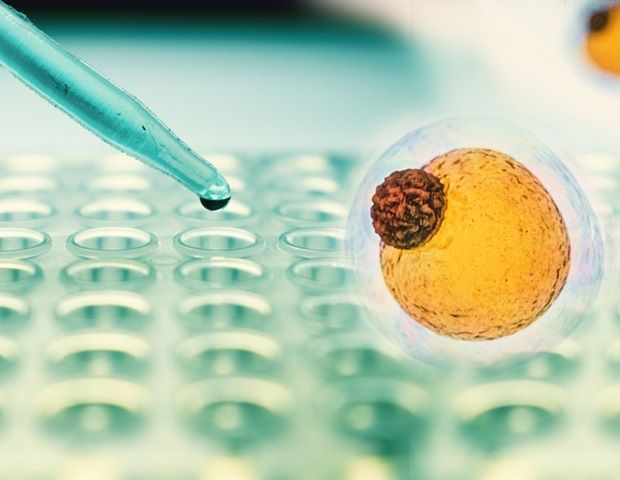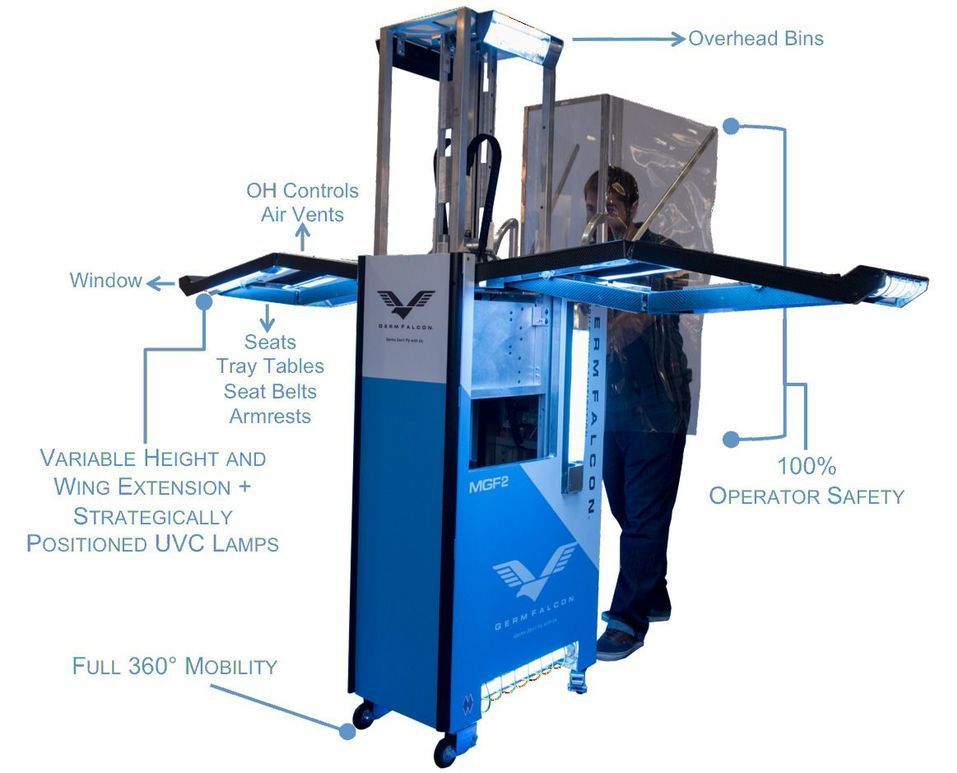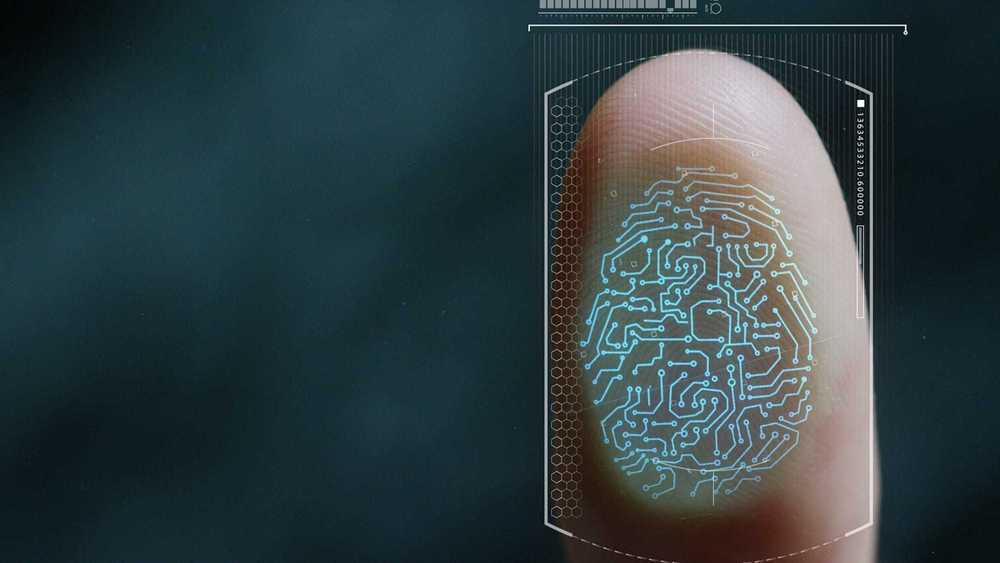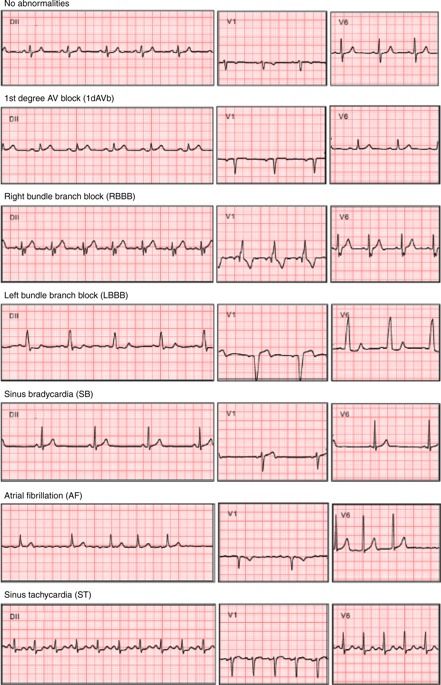Apr 14, 2020
CRISPR has success in treating mice with type 1 diabetes
Posted by Quinn Sena in categories: bioengineering, biotech/medical, genetics
Circa 2017
Insulin-producing cells have been restored in mouse models of type 1 diabetes using a new genetic engineering technique.
American scientists adapted the gene editing technology known as CRISPR (clustered, regularly interspaced, short palindromic repeat) to successfully treat mouse models of type 1 diabetes, kidney disease and muscular dystrophy.
Continue reading “CRISPR has success in treating mice with type 1 diabetes” »

















